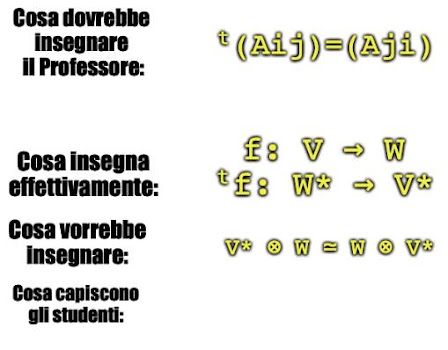Un gruppo $K$ si dice cancellabile se, per ogni coppia di gruppi $G$, $H$,
$G \times K \cong H × K$ implica $G \cong H.$
Si noti che non si può in generale passare al quoziente per $K$ in ambo i termini di $G \times K \cong H × K$: il motivo è che non è detto che il dato isomorfismo mandi il sottogruppo $\{1\} \times K$ di $G \times K$ nel sottogruppo $\{1\} \times K$ di $H \times K$.
Infatti, esistono gruppi che non sono cancellabili. La più semplice famiglia di controesempi si ottiene prendendo come $G$ un gruppo arbitrario e ponendo $H=G \times G$ e $K=$prodotto numerabile infinito di copie di $G$.
In questo esempio $K$ non è finitamente generato, ma esistono anche esempi finitamente presentati: addirittura, si dimostra che $\mathbb{Z}$ non è cancellabile in generale [1].
Invece, ogni gruppo finito $K$ è cancellabile. Questo risultato è dovuto a Hirshon [2], si veda anche la dimostrazione elementare data in [3].
Riferimenti.
[2] R. Hirshon, On Cancellation in Groups, The American Mathematical Monthly, Vol. 76, No. 9 (1969), pp. 1037-1039

